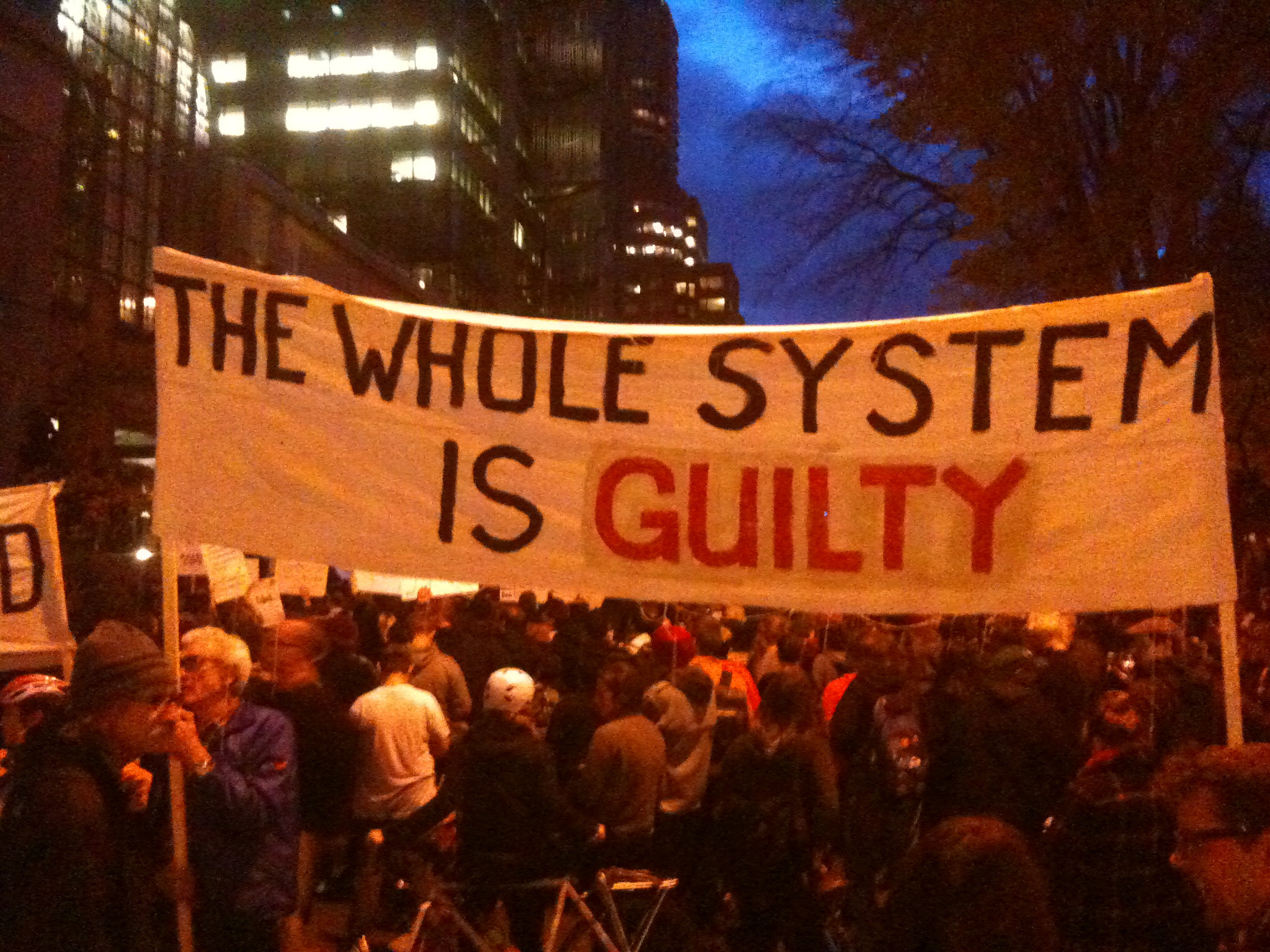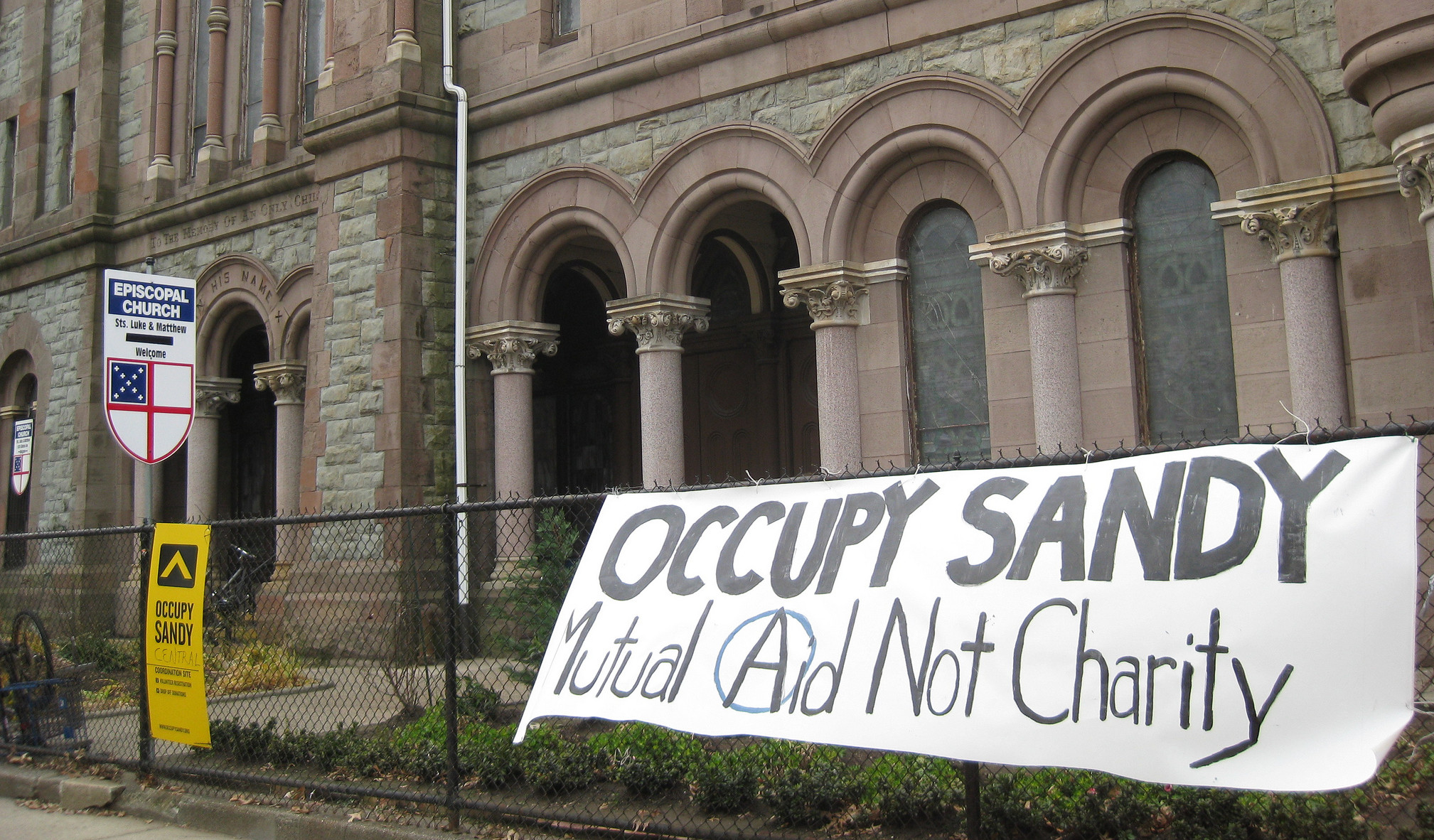Genocide is a word which may bring to mind images of large-scale ethnic cleansing and mass graves like those created by German Nazis or Bosnian Serbs. Some acts of genocide, however, are slower, more subtle, and a good deal more insidious, like the acts the United States continues to carry out against its black- and brown-skinned population.
The word “genocide” was defined in the 1940s, as the world struggled to deal with the massive body count from Nazi Germany, whose supporters killed some 6 million Jews and another 5 million from other groups like Roma Gypsies, LGBTQ people, and citizens of Russia and Poland. The Convention on the Prevention and Punishment of Genocide, ratified in 1951, defines genocide as “any of the following acts committed with intent to destroy, in whole or in part, a national, ethnical, racial or religious group.” This includes not just killing and bodily harm, but also any deliberate acts which make survival difficult or impossible, like the removal of children from their families. While the Nazis were explicit about their policies of racial extermination, the convention admits that in most cases, genocide “must be inferred from a systematic pattern of coordinated acts.”

